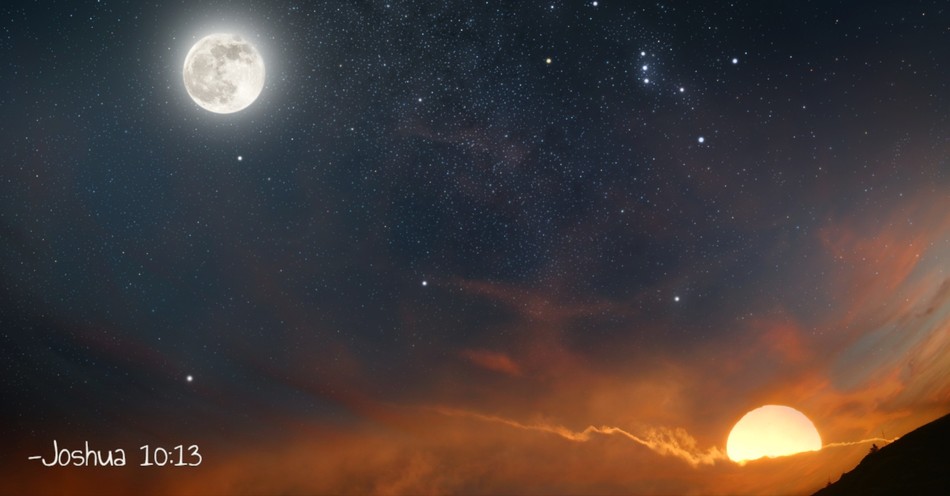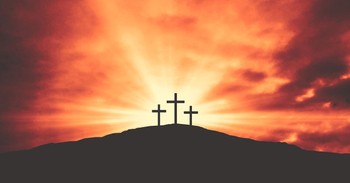In previous articles on Christianity.com, we’ve discussed something known as the Apocrypha: a group of texts that aren’t canonical but have a thread related to canonical biblical writings.
Meaning, these texts were written around (or a little after) biblical events, may make mention of biblical events but are not considered part of the Bible. Some of these books include the Book of Enoch and The Book of Jubilees, among others.
Today’s article will cover the Book of Jasher, another book in the Apocrypha. Interestingly enough, the Book of Jasher does receive a couple of shout-outs in the Bible (Joshua 10:13, 2 Samuel 1:18-27).
If the biblical writers made mention of the book, why don’t we include it in the Bible? Do we have any other instances of biblical authors placing secular texts in the Bible, or making mention of them, and what do we actually know about this book?
We’ll dive into these questions in this article.
What Do We Know about the Book of Jasher?
The Book of Jasher, otherwise known as the Book of Just Ones, has likely, in its original form, been lost to time. We do have a number of translations (including a very false one created in the 1700s), but we don’t truly know if the copy we have now reflects the original writing.
But from what we do have, the Book of Jasher, similar to other apocryphal books, covers the events from the Creation through the death of Joshua. In essence, the books of the Pentateuch and a little beyond, with some contradictions and variations mentioned below.
We don’t know who wrote the Book of Jasher. Since Joshua makes mention of the book, the writer must have written the text prior to the time of the Judges, even though the text seems to talk about Joshua’s death as well. Perhaps several writers compiled the 91-chapter book. Or, as this article suggests, perhaps no such book even existed during the time of Joshua.
Why Don’t We Include Jasher in Our Bibles?
Some Bibles do include the Book of Jasher such as the Latin Vulgate Bible. But it appears the Catholic church removed the book from the Biblical canon at one point.
However, because we don’t have the original copy, and only a suspect “translation” was created in the 1700s, we don’t know exactly what the Book of Jasher originally said. Therefore, scholars left it out of the Scriptural canon. After all, if God had wanted it included, he would have found a way for historians to preserve the text over time, as they would've helped Scriptural canonicity as an utmost importance.
Second, with what translations we do have, we run into some anti-biblical errors, as mentioned in this article.
For example, the Book of Jasher makes mention of snow pre-Flood, even though the earth had never seen precipitation until the time of Noah (Genesis 7), and several other issues of the chronology of what happens in the Bible, versus what the Book of Jasher says.
Third, we have to realize that the writers of both the Old and New Testaments included references and sometimes quotes from extra-biblical sources. For instance, Paul quotes a Greek poet in Titus 1:12. The Old Testament writers make mention of other books such as the Book of Wars (Numbers 21:14), The Annals of King David (1 Chronicles 27:24), The Sayings of the Seers (2 Chronicles 33:19), etc.
Writers likely included these texts to bolster the veracity of the accounts they had written. Similar to Luke’s meticulous gathering of eyewitness sources, the authors challenged readers to back up their claims by reading about the events in other sources.
God used the writings of extra-biblical sources to point others toward him. We can arguably see gospel threads in philosophers such as Plato and his Allegory of the Cave, etc.
Nevertheless, Christians should exercise discernment whenever reading something outside of the biblical canon as they do not contain God-breathed words (2 Timothy 3:16-17).
Why Does This Matter?
Why should we know about the Book of Jasher? First, if the book had existed during the time of Joshua, we know that someone else documented the day when the sun stood still (Joshua 10:13).
We also know that just because a verse in the Bible quotes or makes mention of an extra-biblical source does not make that source part of the Bible. Paul, after all, quoted pagan poets. This shows us that God can use any philosopher or any writing to direct readers back to the Bible.
But it also means we have to approach apocryphal and extra-biblical writings with caution. As the Book of Jasher, and other apocalyptic writing, contain suspect authors, dates, and even contradictions with Scripture.
©iStock/Getty Images Plus/Rastan
Hope Bolinger is an acquisitions editor at End Game Press, book editor for hire, and the author of almost 30 books. More than 1500 of her works have been featured in various publications. Check out her books at hopebolinger.com for clean books in most genres, great for adults and kids. Check out her editing profile at Reedsy.com to find out about hiring her for your next book project.





